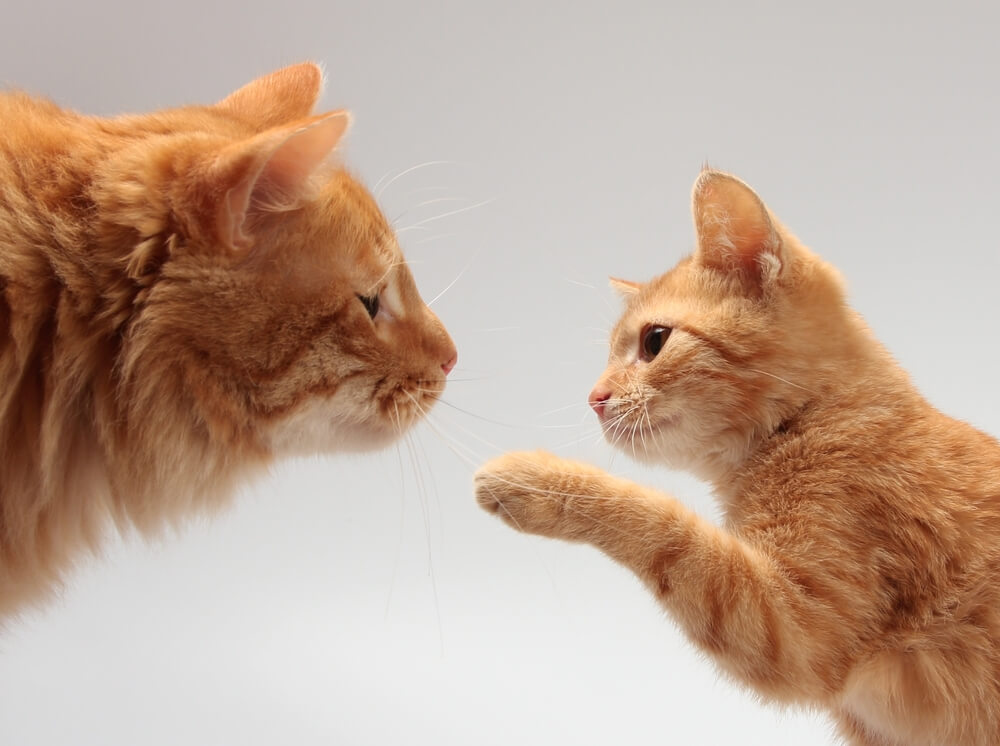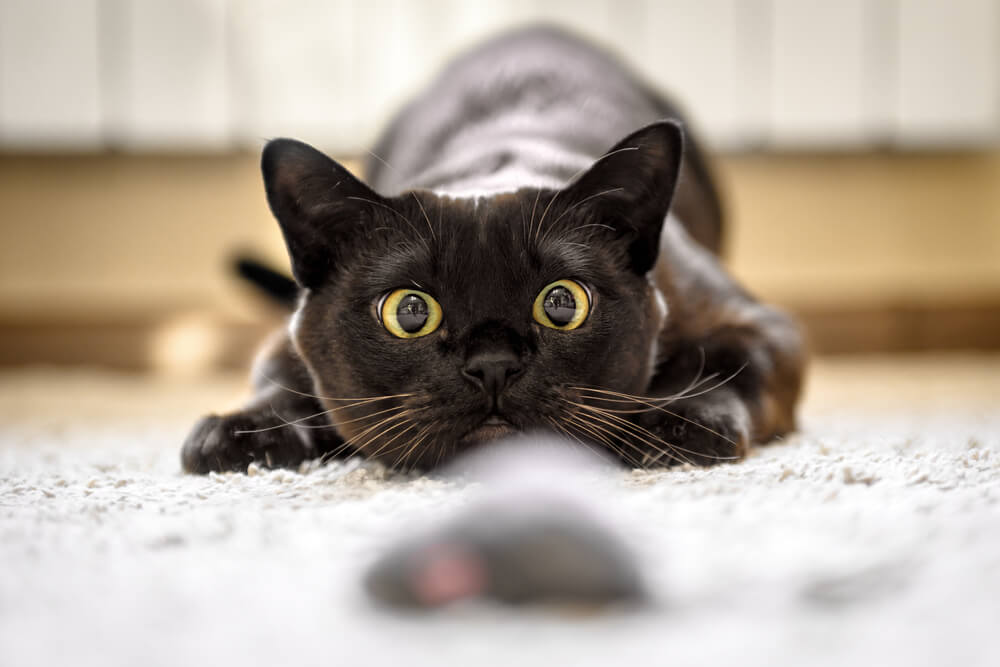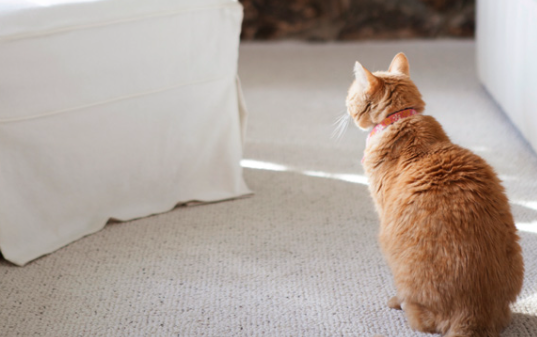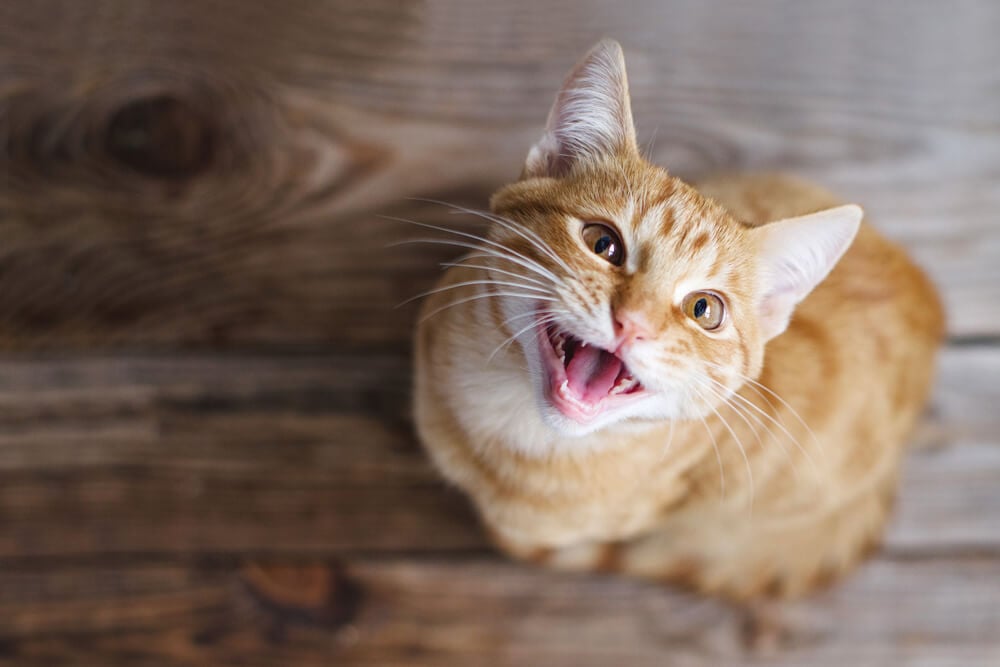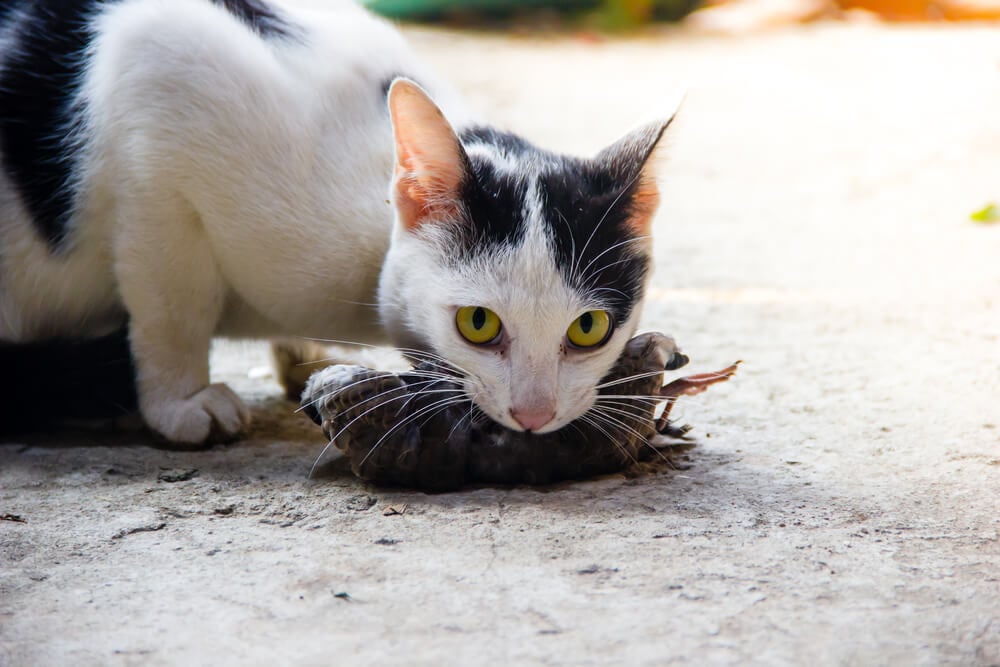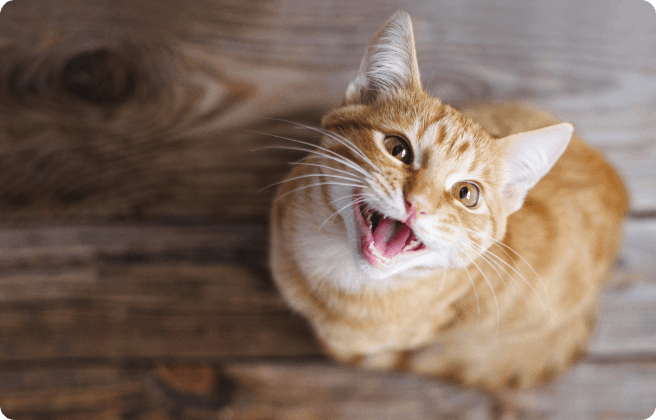
Given the amount of time you and your cat spend together, it’s only natural to wish you could speak with them as you would a close friend. Of course, with the way technology’s moving, we can never rule out some clever gadget that will perhaps make that possible one day.
Until that time comes, however, you can often tell what your cat’s thinking or how they’re feeling through listening to their meows. Sometimes, they just want to let you know they’re there, but there can be more troubling reasons behind the noise — here’s what to listen out for and what you can do in response.
It’s all for show
Perhaps the most common reason a cat meows is because it’s the most effective tool in the box to get humans to do what they want. If your cat’s stood on the wrong side of a door or their water bowl is empty, a short succession of meows will quickly sort that problem out and once this connection’s established in their mind, you can guarantee you’ll hear it over and over again.
The first thing to do when you hear your cat meow is to check their immediate environment, from their litter tray to the food bowl — the source of their frustration will often be pretty obvious.
It’s in their blood
Aside from a way of getting your attention, there are plenty of other reasons why cats meow so much. For starters, some breeds of cats are known to be more talkative than others, to put it politely. Chief among them are Siamese cats, but Bengali and Sphynx breeds are renowned for their volume as well. Just as many humans are natural chatterboxes, it’s the same for certain types of cats!
It’s a certain time of year
Likewise, if your cat is unneutered and in heat, you’ll be surprised at the shrill sound of the caterwauling they’ll make in an attempt to attract a mate. If the female is successful in doing so, you’ll hear even more meows to let you know that there’s a litter on the way — and lots more meowing when you have a house full of newborn kittens desperate for their mother’s attention.
It’s something more worrying
In other cases, excessive meowing can be a sign that something’s not quite right. You might be able to tell from a more piercing cry that your cat’s in pain or suffering from a medical condition, particularly kidney disease. Stress can also cause your cat to meow a lot — have there been any major changes in their lives, from new guests in the house to fireworks going off at nighttime? You might be able to use calming pheromones or collars to make them feel at home again.
Excessive meowing is also a common symptom of separation anxiety, although ironically, parents aren’t around to hear the cries. Setting up a camera or monitor can let you know if your cat is in distress whenever they’re left alone and some of these devices let you speak through them to calm your pet.
It’s a part of getting old
If you have a senior cat which has never been known to make a lot of noise, a new flurry of meowing should be viewed as a cause for concern. Unfortunately, it can be a symptom of degenerative conditions, from hearing and sight loss to hyperthyroidism and feline cognitive dysfunction (similar to dementia). If you think your cat’s cries might be a sign of something deeper than a desire for a clean water bowl, take them to the vet as soon as possible.
While consistent meowing can be offensive to our ears at times, there’s often a reason behind this noise and your cat’s using the only means they have to alert you to their problems. As such, you have to be proactive in order to turn this meowing into a satisfied purr once again.
We uphold the highest editorial standards when creating the authoritative content pet parents rely on and trust.
Every piece of clinical content on the Cat Food Advisor is reviewed by our certified Veterinary Advisory Board, which consists of licensed veterinarians and medically certified specialists.
Our reviews are completely independent; we are not paid by any pet food company to promote their products favorably. We do not accept money, gifts, samples or other incentives in exchange for special consideration. For more information see our Disclaimer & Disclosure page.





